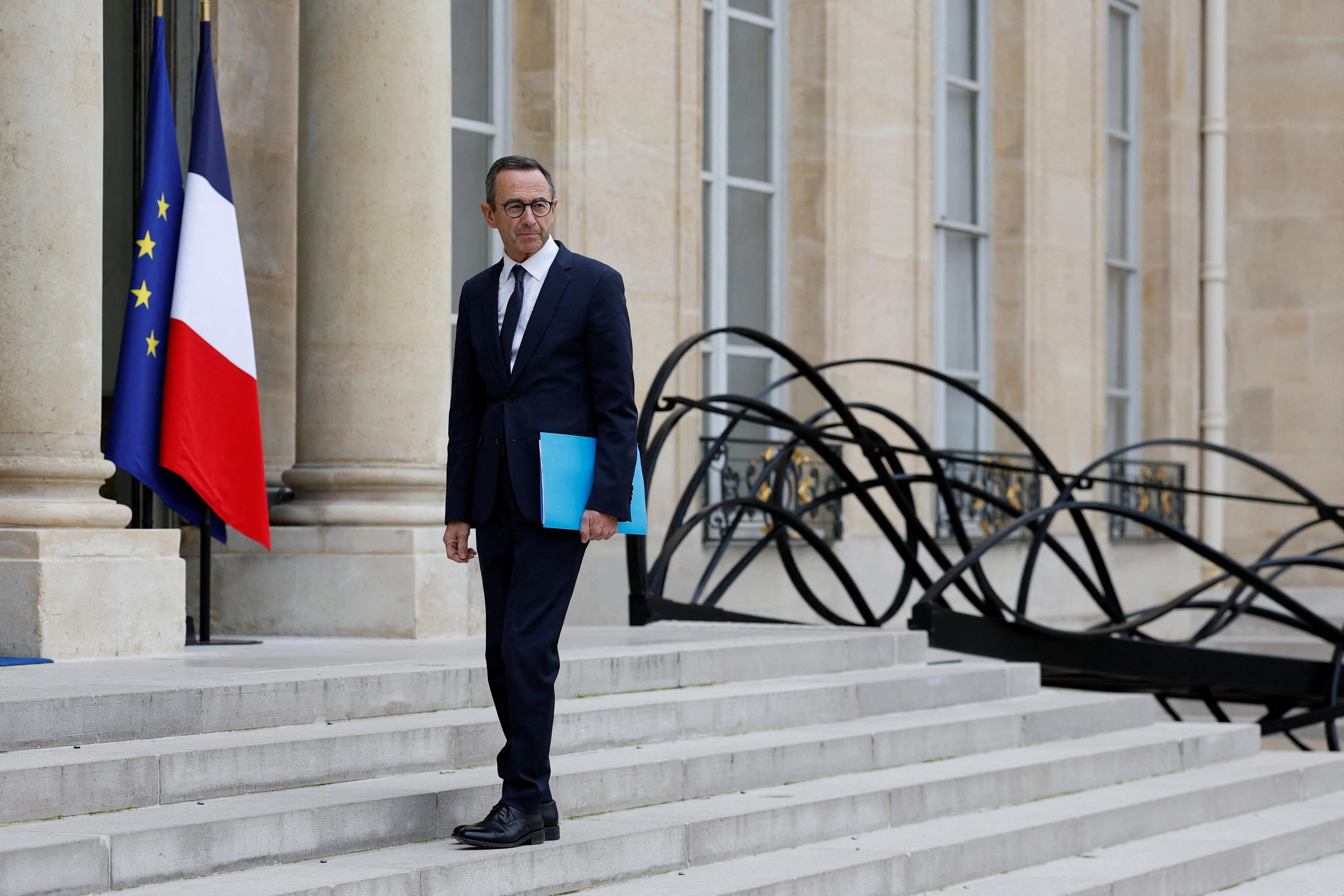Political Upheaval and Reform Challenges Mark the Lecornu Government's Crisis
The Lecornu government's resignation, party conflicts, and suspension talk on pension reform highlight escalating political tensions and economic challenges in France.
- • Prime Minister Sébastien Lecornu resigned after a 48-hour reform mission requested by President Macron.
- • Members of Les Républicains entering the government were disavowed by their party.
- • A poll shows Rassemblement National leading 2027 presidential race with 34-35% support.
- • Élisabeth Borne suggests suspending pension reforms, risking major financial costs.
- • Political instability prompts calls for compromises to stabilize France’s future.
Key details
The Lecornu government is navigating a tempestuous political landscape as Prime Minister Sébastien Lecornu resigned following a 48-hour mission mandated by President Emmanuel Macron to tackle urgent governmental reforms including pension and budgetary issues. Lecornu, in a France 2 interview, detailed the outcomes of this mission but notably stepped down amid growing political unrest. This upheaval comes as leaders such as Nice's Mayor Christian Estrosi and former Prime Minister Édouard Philippe openly called for President Macron’s resignation and the acceleration of presidential elections amid dissatisfaction within right-wing circles.
Complications intensified when members of the Les Républicains party who accepted positions in the Lecornu government were declared no longer entitled to claim the party's banner, signaling deep internal party fractures. These political strains coincide with a stark shift in public opinion; a recent Toluna Harris Interactive poll places the Rassemblement National as the frontrunner for the 2027 presidential election with 34-35% of voting intentions. This marks a sharp decline for the centrist bloc, now struggling to maintain a foothold against both the far-right and left-wing contenders.
Meanwhile, economic and fiscal challenges loom large. Élisabeth Borne, the former advocate for pension reform, has suggested suspending the contentious pension overhaul, a move warned to potentially cost hundreds of millions to billions of euros over the next two years, according to former Economy Minister Roland Lescure. Adding to the uncertainty, the Haut Conseil des finances publiques canceled its budgetary remarks due to scheduling conflicts, highlighting the behind-the-scenes disarray. François Villeroy de Galhau, governor of the Banque de France, lamented the political instability, calling for coalition-building to restore confidence and stability.
These developments underscore the precarious position of the Lecornu government as it confronts both internal party disarray and formidable public opposition to its reform agenda. The political climate remains volatile with significant elections on the horizon and urgent calls for leadership changes and policy recalibrations.
This article was translated and synthesized from French sources, providing English-speaking readers with local perspectives.
Source articles (3)
Source comparison
Latest news
Katy Spicher Sues French State for Denial of Justice Over Unsolved 1983 Murder of Her Mother
French Public Sees Rise in Political Violence Amid Pre-Municipal Election Tensions
Businesses Drive French Economy Amid Rising Financial Challenges for Youth
France Climbs to 4th Place in 2026 Winter Olympics Medal Table After Biathlon Relay Gold
XV de France to Field Largely Unchanged Lineup Against Italy in Six Nations
France and India Deepen Strategic Partnership with Focus on AI Regulation and Defense Cooperation
The top news stories in France
Delivered straight to your inbox each morning.

